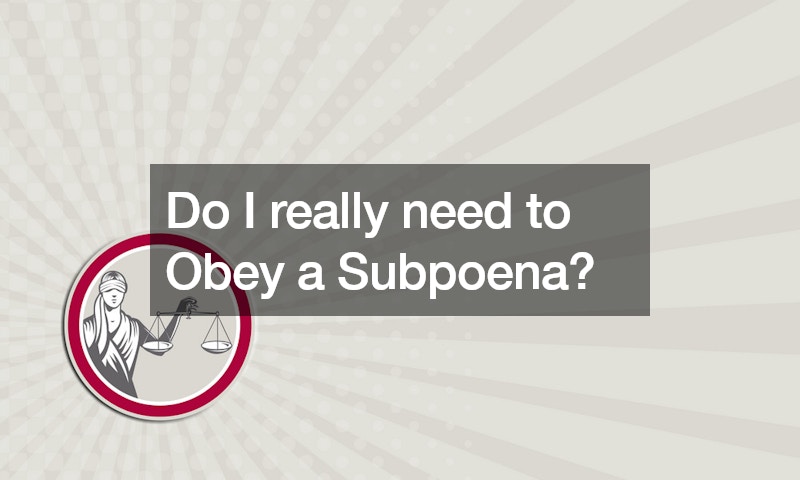
A subpoena is a legal document that requires you to testify in court or provide evidence for a legal proceeding. Understanding your obligations and rights when you receive a subpoena is crucial. This article outlines what happens when you get a subpoena, what you should do, and the potential consequences of ignoring it, including specific considerations for out-of-state or ” foreign subpoenas.”
What is a Subpoena?
A subpoena is a mandate issued by the court at the request of either the prosecution or the defense. It compels you to appear in court to testify or provide documents pertinent to a case.
There are two main types of subpoenas:
- Subpoena ad testificandum: Requires you to testify before a court.
- Subpoena duces tecum: Requires you to produce documents, records, or evidence.
What to Do When You Receive a Subpoena
Understand the Reason
Contact the party who issued the subpoena to understand why you are being called. They can provide context, whether you are a witness to a crime, a victim, or if your testimony is required for another reason.
Assess Your Involvement
Determine if you have any culpability or involvement in the matter. If your role is simply as a witness or victim, complying might be straightforward.
Hire an Attorney
If there is any chance that you are involved in the case beyond being a mere witness, it is crucial to consult with an attorney. Legal representation ensures your rights are protected, and your attorney can provide advice on how to proceed without jeopardizing yourself.
Prepare for Court
If your attorney advises you to comply, prepare by reviewing any relevant information or documents you might need to present. Your attorney can help you understand what to expect and how to respond to questions.
Consequences of Ignoring a Subpoena
Ignoring a subpoena can lead to serious consequences, such as:
- Contempt of Court: Failure to appear in court or provide the requested evidence can result in a contempt of court charge, which may lead to fines or even jail time.
- Warrants: The court may issue a warrant for your arrest if you do not comply with a subpoena.
- Legal Ramifications: Non-compliance can have long-term legal repercussions, affecting your future interactions with the legal system.
Dealing with Out of State Subpoenas
A foreign subpoena is issued from a court outside of your home state. Handling such subpoenas involves additional considerations:
Jurisdiction: Verify if the subpoena has jurisdiction over you. Different states have varying rules about enforcing subpoenas across state lines.
Consult an Attorney: Given the complexity of foreign subpoenas, seek legal counsel to understand your obligations and the legal nuances involved. Your attorney can determine whether the subpoena is enforceable and advise you on the best course of action.
Responding to the Subpoena: If the subpoena is enforceable, your attorney can help coordinate how to comply without unnecessary travel or inconvenience. Sometimes, arrangements can be made to provide testimony or evidence remotely.
Actionable Advice
Do Not Ignore It: Always take a subpoena seriously and act promptly. Consult with an attorney, especially if you have any involvement in the case or if the subpoena is from out of state. Then. reach out to the issuing party to understand the specifics of your required testimony or evidence.
Prepare Thoroughly: Work with your attorney to prepare for court appearances and gather necessary documents.
In summary, obeying a subpoena is not only a legal obligation but also a critical step in ensuring your rights and interests are protected. Whether dealing with a local or foreign subpoena, understanding the process and seeking appropriate legal guidance can help you navigate this legal requirement effectively.
.



